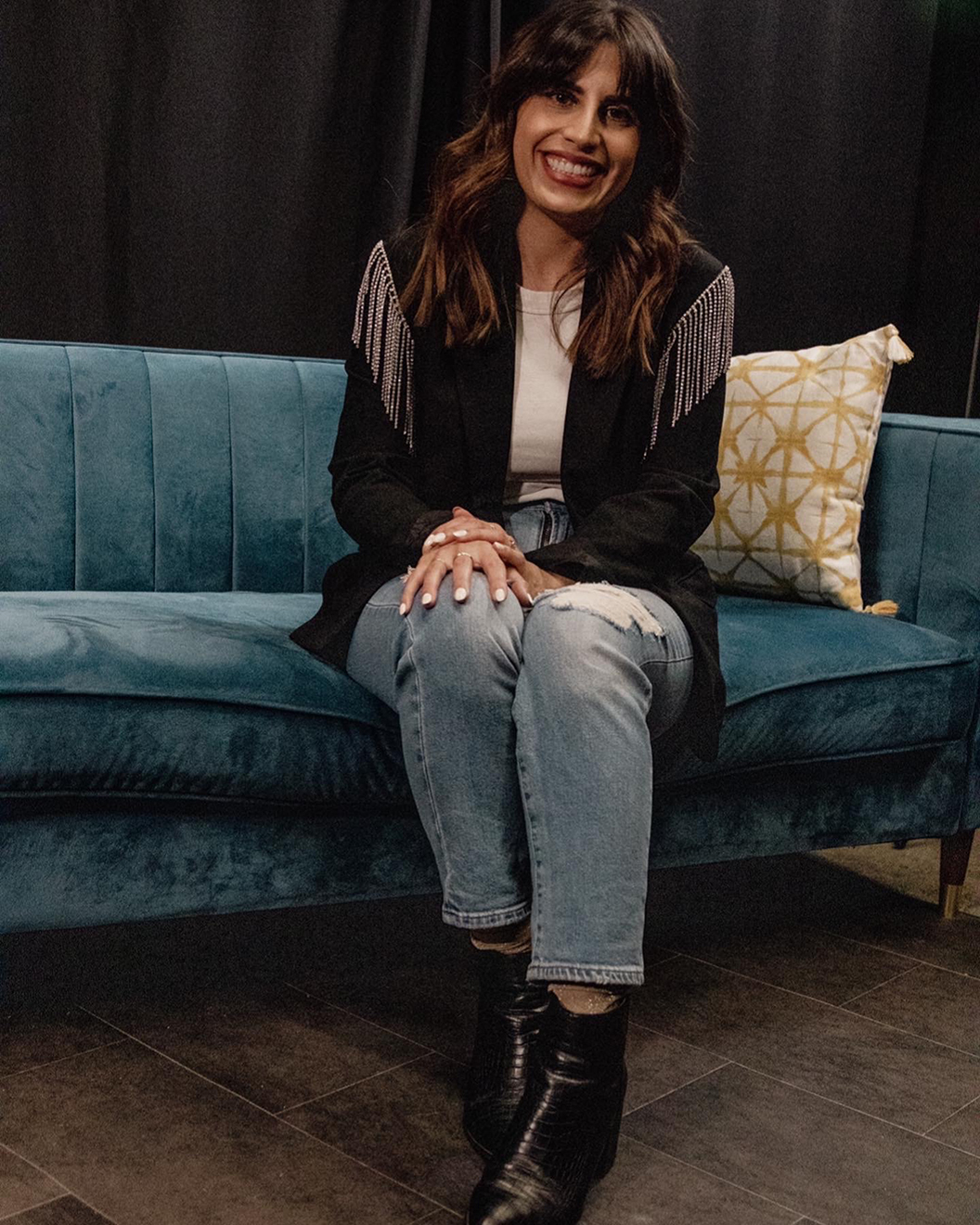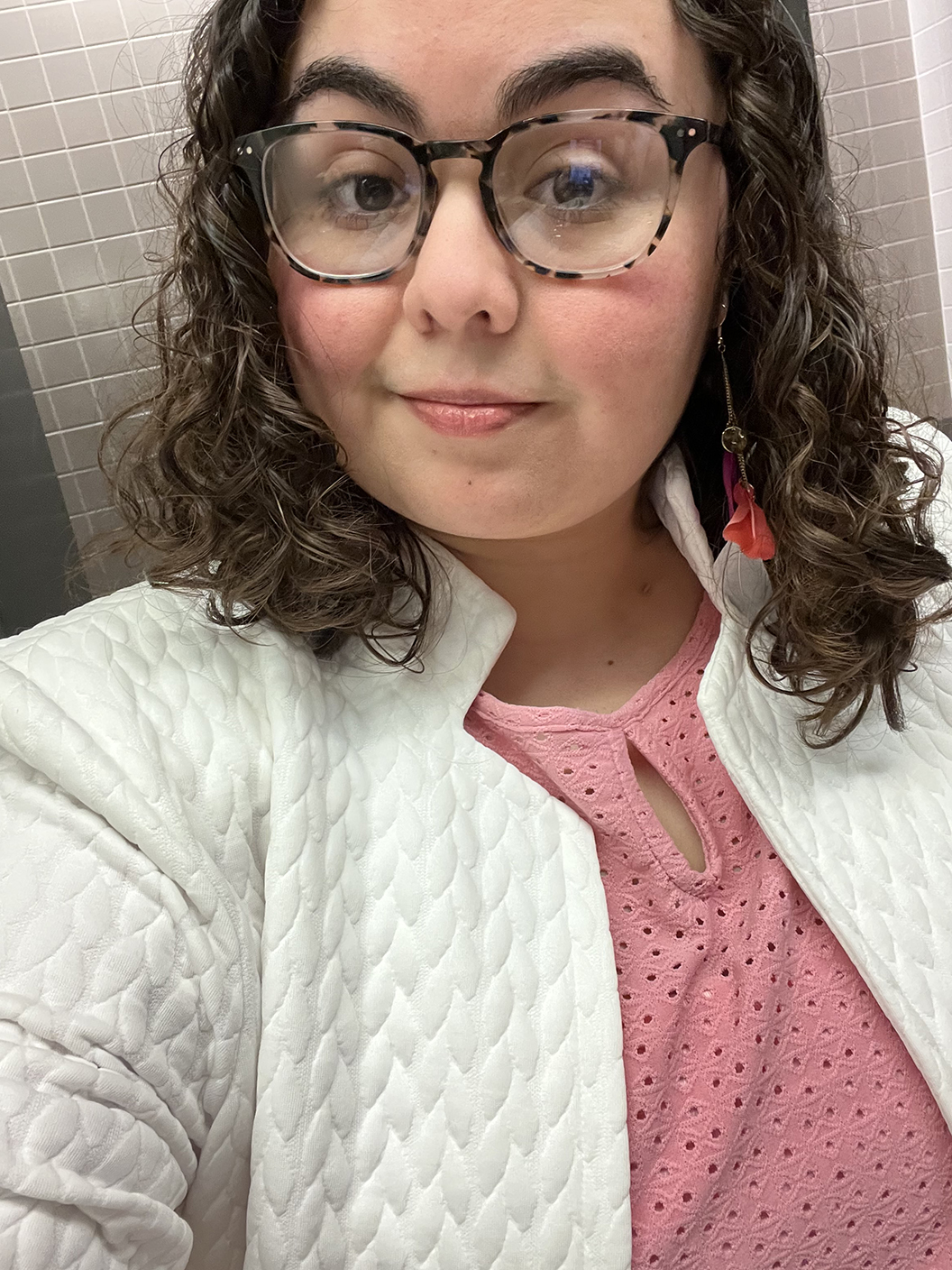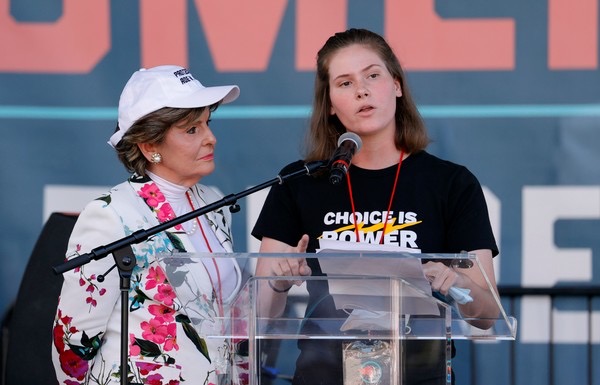Young women in Austin have taken the reins on fighting for change while engineering new forms of activism and demanding action across multiple issues.
By Tess Harmon

About two weeks before Paxton Smith was set to give her 2021 high school valedictorian graduation speech, Gov. Greg Abbott signed the Texas six-week abortion ban into law. When preparing what to say to her graduating class, Smith knew she had a platform to make her voice heard. After a powerful demand for action, Smith’s speech reached not only her fellow graduates and their families, but international headlines.
Now a sophomore at the University of Texas at Austin, Smith is one of many young women in Austin who are fighting for change and speaking out about a variety of issues, such as women’s rights, voting rights and gun control. A few of the Gen Z and millennial women who are taking up the torch in Austin activism share their stories.
Meghan Ross, a comedian and filmmaker, says she became involved in activism when she moved to Austin a couple of weeks before the 2016 election. At the time, she was hosting an all-women-and-non-binary late night show, That Time of the Month. Originally, Ross designed the show to create more gender equity in comedy, but after moving to Austin, she started including activism into the show.
In 2018, Ross started volunteering for Beto O’Rourke’s senatorial campaign and joined the Austin Chapter of the National Organization for Women and the Women’s Racket Club. Through these groups, Ross learned how to blockwalk and phone bank, skills she would use when she became a lead organizer for Swing Left Austin in 2020. As part of Swing Left, Ross aimed to help increase voter turnout through virtual letter writing campaigns. Recently, Ross is focused on incorporating activism into her comedy work.
“What I try to do is find the humor in the hard stuff and then find a way to make these kinds of non-issues through my comedy,” Ross says. “In other projects, what I’ll do is I apply inclusion riders so all of my crews and main cast will be all women, BIPOC and queer people. In doing that, I’m trying to create more opportunities for not just cishet white men to get opportunities in the film scene. I’m trying to have my projects incorporate more diverse crew hiring. Even if the project isn’t necessarily about a social issue, it could just be a fun comedy short.”
In her comedy and activism work, Ross, a millennial, has worked with many other young women while fighting for social change, and she sees how these young activists—particularly Gen Zers—create space for action.

“I see, going to protests, Gen Z leading the charge. Millennials are right alongside them, but I think what differentiates Gen Z is that they’ve had it way harder. I would say between climate change and gun control, they’re most impacted by these two big issues that have yet to be resolved or addressed efficiently,” Ross says. “I know there are people in Austin who are boomers and above who have learned a lot from the younger generations about how there are new issues, how we need to continue pushing for progressive values. So, I think that Gen Z is sort of leading the way and that we need to take note from them more than other generations.”
Andrea Elizondo, the co-founder and lead organizer of the Texas Menstrual Equity Coalition, echoed Ross’ sentiments about the drive younger generations have to pursue change. As part of the coalition, Elizondo trains the coalition members in how to do grassroots lobbying, is behind the scenes on social media and led the effort with Austin City Council Member Vanessa Fuentes to provide free menstrual products in all city-owned and public restrooms in Austin.
Elizondo became a part of the menstrual equity movement in 2019, when she and other young advocates throughout Texas noticed there was no designated space for organizing activists around menstrual equity in the state. In the summer of 2020, they formed the Texas Menstrual Equity Coalition as a voice for change in women’s reproductive rights. Elizondo sees the success that collaboration among young activists can have.
“I’m one of the only millennials in the coalition,” she says. “Most of the other co-founders are Gen Z, whether they’re in college or finishing high school, which is a great multi-generational coalition to have. I love working with them. I think that Gen Z and millennials have this belief that change is possible, but we know it’s a long-term strategy. It’s a marathon. It’s not something that can be accomplished overnight.”
Smith certainly represents the drive and motivation of Gen Z activists that Elizondo speaks about. As she pursues her undergrad degree at UT, she also serves on the board of directors for the Women’s Reproductive Rights Assistance Project, the largest national independent abortion fund in the United States, where she helps to fundraise and guide the nonprofit. Like many other Gen Z activists, Smith does this work while also balancing school and extracurriculars. After graduation, she hopes to continue pushing for women’s reproductive rights while getting more involved.
These young activists also point out the importance of social media in Gen Z and millennial spaces as a means to spread information and create change. Elizondo notes the Texas Menstrual Equity Coalition’s use of Twitter to engage with Texas legislators, and Ross points out how she has learned from Gen Z activists across the country through Instagram.

“They use social media to disseminate as much information as possible that otherwise would be swept under the rug in traditional media,” Ross says. “I feel like they’re leveraging the channels they know other Gen Z and millennial people are on. They’re rallying together through these channels that some of the older generations wouldn’t necessarily think to use for organizing. I’ve noticed that a lot of campaigns that are incorporating TikTok are the ones getting more attention, because you need those younger activists.”
Smith, Ross and Elizondo all agree that entering into activism can be intimidating for young people who have not done it before, but offer advice for those who want to get involved. Elizondo advises starting at the local level and being clear with your expectations.
“Everything that has to do with activism and advocacy is a marathon,” she says. “You really have to pace yourself and celebrate the small wins.”
Ross suggests tackling issues with friends. To avoid getting overwhelmed, she offers that you find a group and a single issue that you are really passionate about.
“It’s scary,” she confesses. “I think it’s harder to do it alone than it is to do it alongside people. I used to not like blockwalking by myself. So I would always go with a friend from the Women’s Racquet Club, and it just made me feel better.”
Smith similarly acknowledges how starting activism can be scary, but offers a few key questions to ask yourself before jumping in.
“It can feel very big at first, and it’s very easy to feel lost and hopeless when you’re getting started, and that’s okay,” Smith says. “But whenever you do want to get started, pick an issue, one that you really want to focus on, and then decide how you want to make an impact with that issue…and if you don’t know where to start on that, that’s okay. Find a nonprofit in the area or maybe a nonprofit where you can learn about how to get more involved. They will have programs that will help guide you and get you started.”

Gen Z Leading the Charge
In response to the string of school shootings in 2022 and 2023, high schoolers staged multiple school walkouts across the nation in April. At Round Rock High School, then-junior Sarah Collier joined forces with freshman Berkley McConnell, herself a survivor of a shooting in which she saw her doctor gunned down, and the pair organized a walkout of their own on Wednesday, April 5. The young ladies’ bold activism was one of the more than 200 high school walkouts across the nation. “I was thinking there has to be something I can do,” Collier told CBS Austin. McConnell reveals, “I can’t go to school without thinking that I’m going to die that day. You need to have less condolences and prayers and actually start to work on more action.”

